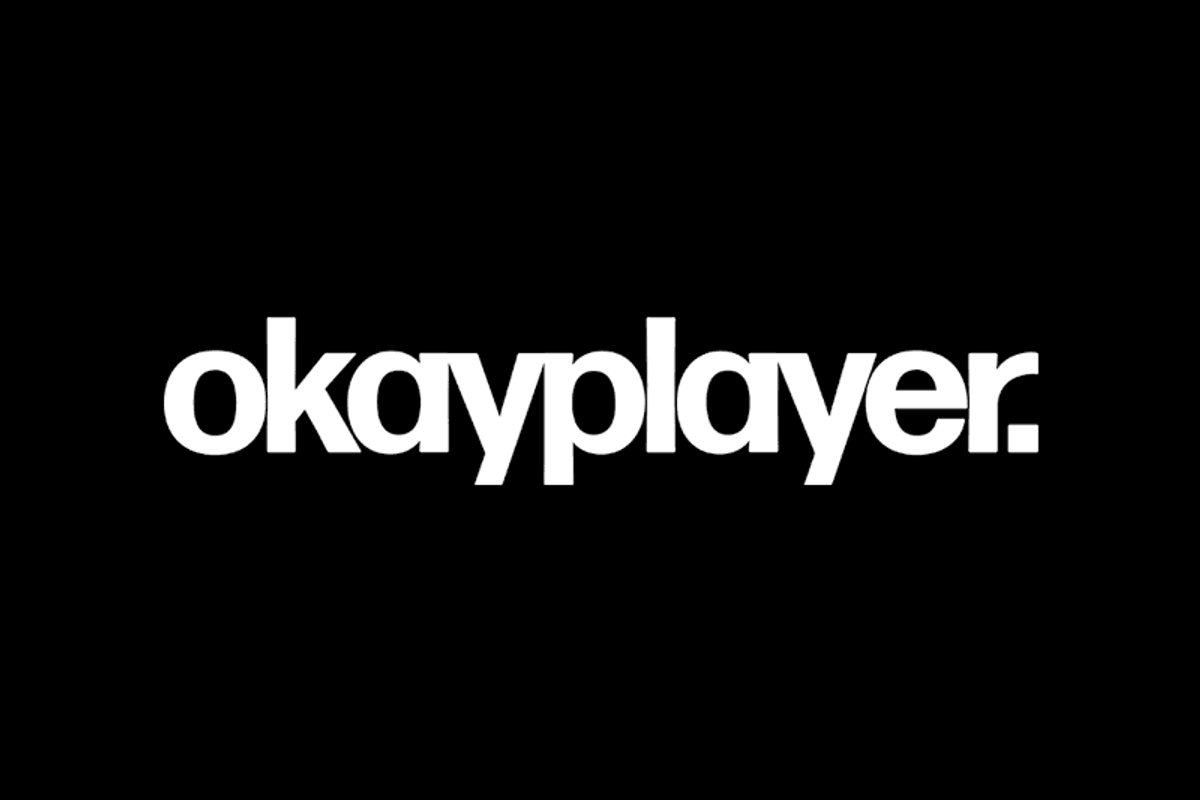
African American family History: Soldier's Wedding from Vicksburg
To continue reading
Create a free account or sign in to unlock more free articles.
By continuing, you agree to the Terms of Service and acknowledge our Privacy Policy
Register
The content is free, but you must be subscribed to Okayplayer to continue reading.
THANK YOU FOR SUBSCRIBING
Join our newsletter family to stay tapped into the latest in Hip Hop culture!
Login
To continue reading login to your account.
Forgot your password?
Please enter the email address you use for your account so we can send you a link to reset your password:

Over one and a half million handwritten records of African American family history are about to make their way online via a new website, discoverfreedmen.org, that aims to make it much more possible for the ancestors of freed slaves to trace back their heritage and expand their known family trees.
Billed as The Freedmen's Bureau Project, the website and its organizers have amassed and begun digitizing over four million names, many of which date back to the 1860s, creating a working search interface that will make it possible to search backwards for the name(s) and, in some cases, personal information such as church affiliation and marriage status, of the first institutionally free African American slaves. The Guardian reports that the project will be completed by the end of 2016.
"The records belong to the Freedmen’s Bureau," the UK paper notes, "an administrative body created by Congress in 1865 to assist slaves in 15 states and the District of Columbia transition into free citizenship." That administrative body pre-dates the 1870 census, which for many black Americans living today was an impasse in the search for past genealogy and heritage (the 1870 U.S. census was the first survey of its kind to collect information on the country's black population). The records set to appear on discoverfreedmen.org have been previously available, but only in the analog form of written documents housed in Washington D.C.
"The records serve as a bridge to slavery and freedom," genealogy specialist Hollis Gentry said of the new digital archive during its announcement late last week. "You can look at some of the original documents that were created at the time when these people were living. They are the earliest records detailing people who were formerly enslaved. We get a sense of their voice, their dreams.”